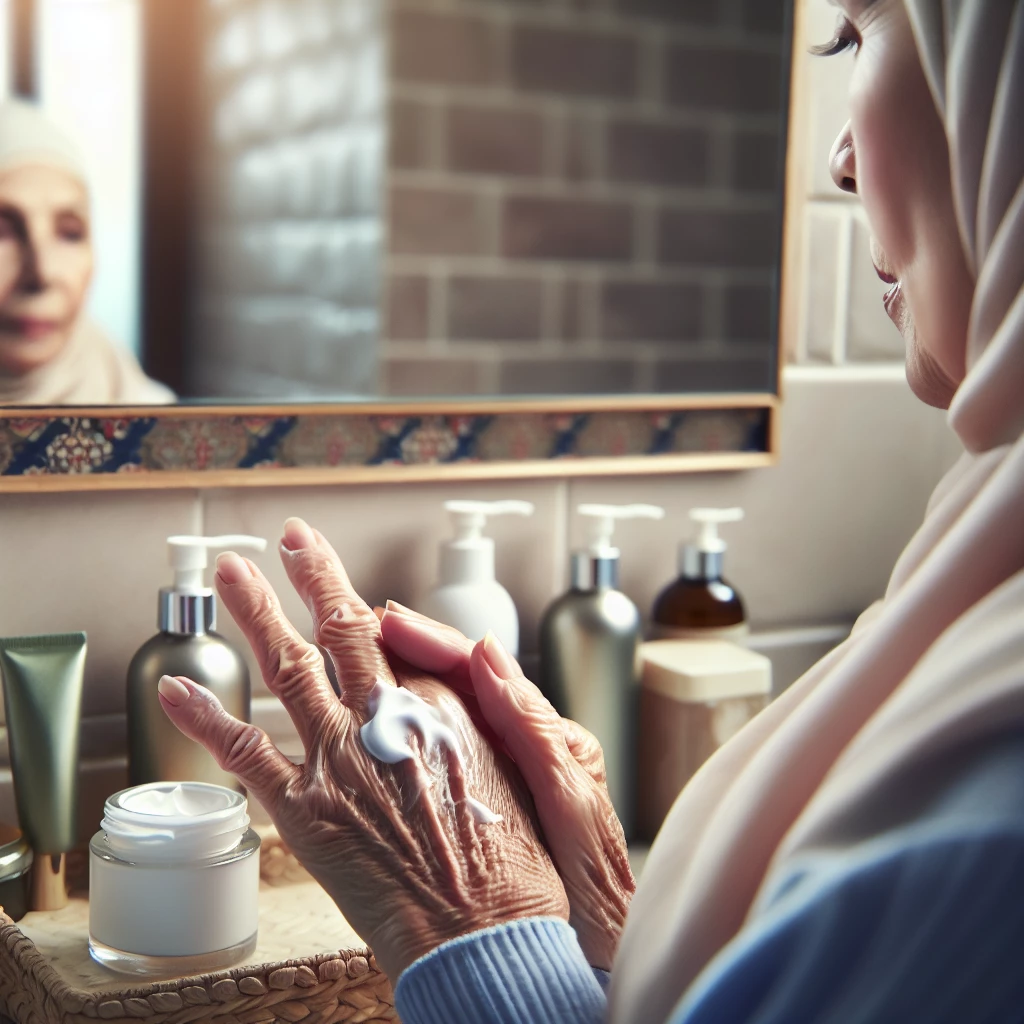In the realm of skincare, those with sensitive skin often find themselves tiptoeing around products. Mixed with the uncertainty of what might set off a reaction, skincare for sensitive types can be both unnerving and frustrating. But fret not! Our discourse will draw out a comprehensive routine catered strictly for your delicate needs, shedding light on the right care for your sensitive skin and soothing products that'll be your skin's best friends.
Understanding Sensitive Skin
Sensitivity is not so much a skin type, but a condition, spanning across all skin types. It could be naturally sensitive, reacting to particular irritants or just temporary sensitive due to weather changes, hormones, or stress. Pinpointing the exact cause of skin sensitivity is the key to handling it effectively. Avoid everything that seems to irritate your skin. Be it a type of fabric, a certain food, a skincare ingredient, or even situational events like extreme weather conditions.
Finding soothing ingredients that work for your skin is equally important. Products with Aloe Vera, Chamomile, Centella Asiatica, and Calendula are known for their calming effects on sensitive skin. However, remember to do patch tests for every new product you try. This way you'll be sure that each product in your routine is safe for your skin.
If you notice consistent sensitivity, don't hesitate to consult a dermatologist. They can offer expert advice or prescribe specific products tailored to your skin's needs. Remember that what works for others might not necessarily work for you, and seeking professional help is the best way to know.
The Right Cleansing Routine
The most straightforward yet essential part of any skincare routine, cleansing is especially critical for sensitive skin. Opt for gentle cleansers that are free from potential irritants. Any product with alcohol can dry out your skin and trigger discomfort.
Double cleansing can be a game-changer for sensitive skin. Start with an oil-based cleanser to break down makeup and then wash with a gentle, water-based cleanser to remove all residue. This ensures a thorough clean without stripping your skin of its essential oils.
Remember to cleanse your skin twice a day, but be gentle and don't scrub. The goal is to remove dirt, oil and impurities, not to annihilate your skin barrier. Post-cleansing, pat your skin dry rather than rubbing; it's these small things that make a big difference to sensitive skin.
Moisturizing is Essential
Regardless of your skin type, moisturizing should be an indispensable part of your skincare regime. For sensitive skin, opt for fragrance-free, hypoallergenic formulas that don't irritate the skin. Look for products with hyaluronic acid and ceramides to enhance hydration levels in your skin.
Nourishing your skin at night is equally important. Use a rich moisturizer that soothes the skin and locks in moisture. This will help your skin regenerate and recover overnight.
Using a good eye cream also helps keep sensitive skin around the eyes moisturized and nourished. Avoid any product with harsh ingredients or powerful actives in your moisturizers.
Protection From The Sun
Sunscreens are a must for all skin types, including sensitive skin types. Choose a mineral-based formulation with zinc oxide or titanium dioxide, which is less likely to irritate sensitive skin.
Remember to apply sunscreen every day, even when it's overcast. UV rays can penetrate clouds and harm skin. Regular use of sunscreen can prevent premature aging, hyperpigmentation and, most importantly, skin cancer.
Sunscreen application is not a one-time thing. You should reapply every 2 hours, especially when you're outdoors.
Treating Sensitive Skin
When it comes to sensitive skin treatments, less is often more. A simpler, more minimalistic routine can often be more efficient for sensitive skin, preventing irritation from too many ingredients or products.
Every now and then, your skin might require some extra care. Opt for soothing masks with aloe vera, green tea, chamomile or other calming ingredients on such days. It's best to avoid peels, acids, and abrasive exfoliants as these can further irritate sensitive skin.
Lastly, pay attention to what your skin is trying to tell you. Unexpected breakouts, dryness, tightness, or redness can be a signal that something is wrong. Listen to your skin and adjust your routine accordingly to maintain your skin's health and balance.
Keeping sensitive skin happy requires patience, consistency, and a gentle approach. By understanding your skin's unique needs and being mindful about your product selection, you can create a skincare routine that effectively nurtures your skin without causing irritation. Always remember that your skincare routine should serve as a time of self-care, transforming this daunting task to a therapeutic ritual, charting the roadmap to your skin's comfort and well-being.

Age Gracefully: Mature Skin Care
Delve into the changes that come with aging skin and the best practices to ensure its health and vitality.

Vitamins for Victory: Skin Nutrients
Discover the key vitamins that contribute to skin health and the best ways to incorporate them into your skincare routine.

Exfoliation 101: Clearing the Surface
Dive into the process of exfoliation, uncovering its benefits and learning how to properly exfoliate for brighter, smoother skin.

Skin Hydration: Water vs. Oil
Get insight into the importance of hydration in skincare routines and understand the difference between water-based and oil-based products.
